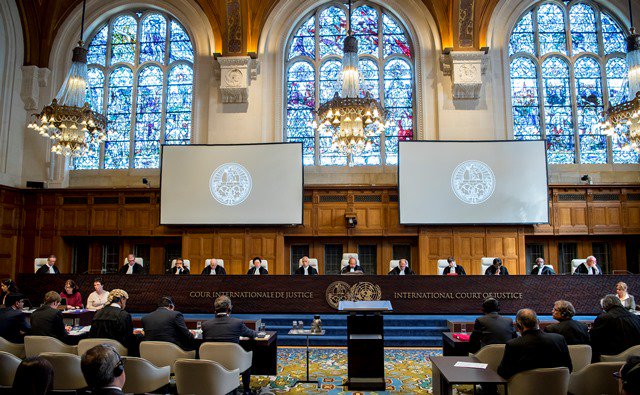
While Bhandari received an absolute majority in the UNGA, the UNSC voted in favour of Greenwood in all five rounds.
Both the UN organs need to elect a candidate with absolute majority as provided under Articles 4, 8 and 10 of the Statute of ICJ. An absolute majority in UNSC equals eight votes. The UN organs vote simultaneously but separately to elect a candidate over five or more rounds. As of now, the UN organs adjourned the elections and have decided to sit at a later date.
UK victory over India at ICJ suits Pakistan
A similar situation arose twice — in 2014 and 2011 — when the UNGA and UNSC were unable to reach a decision resulting in a deadlock. There is no rule stated in situations of deadlock and so the two UN organs usually suspend the election until a further date.
2011 ICJ elections:
In 2011 the battle of votes took place between Sierra Leone’s Judge Abdul Koroma and Uganda’s Judge Julia Sebutinde. Seven rounds were conducted in the first round of the election, during which Justice Sebutinde received majority votes in the UNGA (five out of seven) and in the second round of election, four rounds were conducted where the conflict arose.
Judge Kormo bagged one vote less than Justice Sebutinde in the second round and the UN organs did not come to a conclusion. The UNGA and the UNSC adjourned the election for a month and after a month, the UNSC yielded to UNGA’s decision, setting a precedent of its kind.
2014 ICJ elections: Elections held in November 2014 resulted in a deadlock between Jamaica’s Patrick Robinson and Argentina’s Susana Ruiz Cerutti for the fifth vacancy in ICJ. The first day of the election, the UNGA conducted seven rounds of election where Robinson received an absolute majority and UNSC conducted four rounds where Cerutti received an absolute majority.
On the second day of election, seven rounds of election were conducted in both UN organs and they yielded the same results. Unable to reach an agreement, the UN organs suspended the election for a week. Similar to 2011 elections, the UNGA’s voting preceded over the UNSC, declaring Robinson as the elected candidate.
'Pakistan cannot go to ICJ over Kashmir'
The law:
Article 12(1) of the Statute of ICJ states if in case after two meetings of the UN organs, a decision is not made regarding a vacancy, a joint conference consisting of six members would be appointed to elect the candidate. Both UNGA and UNSC appoint three members each and the six members submit their decision to the UN organs.
But this law is not binding. The United Nations Juridical Yearbook of 1984 clearly states that “should a deadlock occur a joint conference should not automatically be resorted to. It seems more practical that the electoral organs should proceed to further ‘meetings’.”
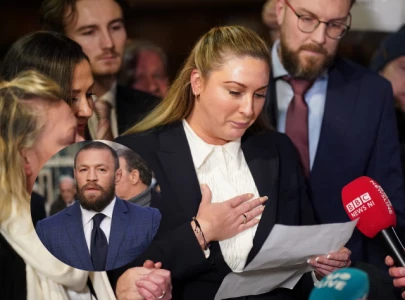




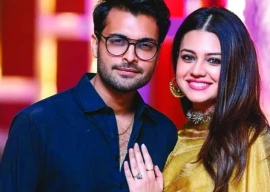

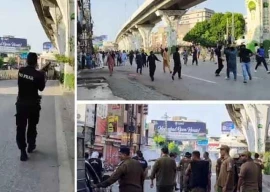

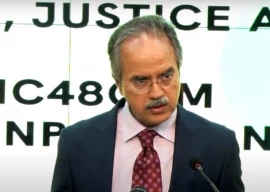







COMMENTS
Comments are moderated and generally will be posted if they are on-topic and not abusive.
For more information, please see our Comments FAQ